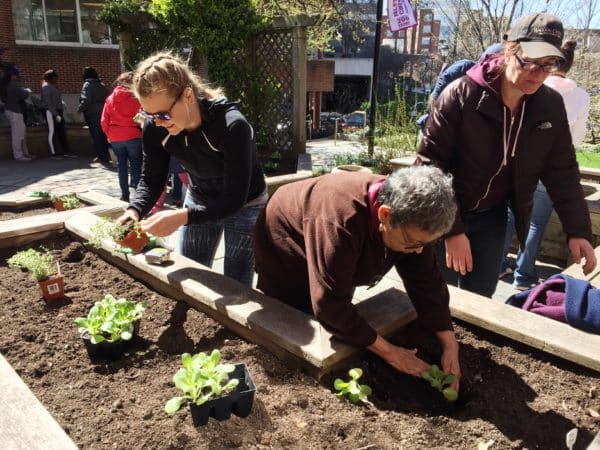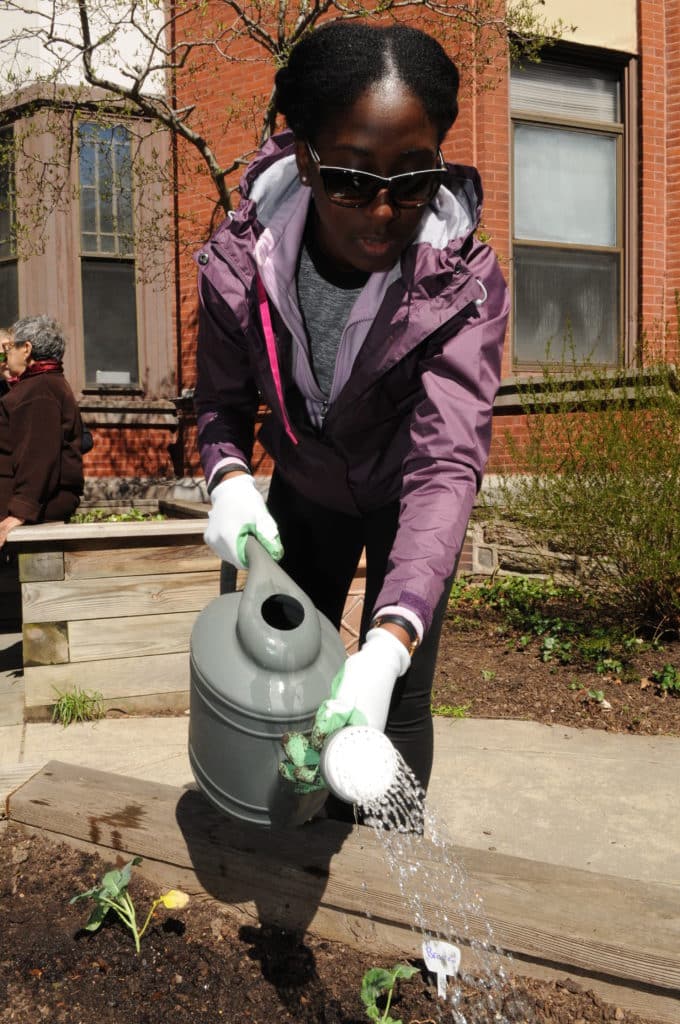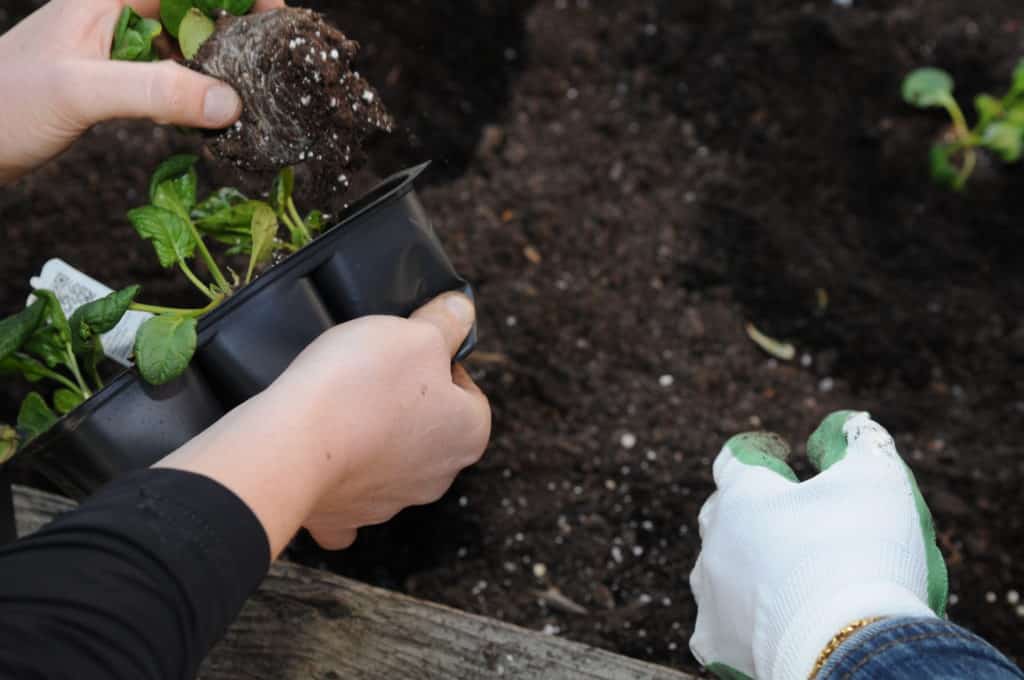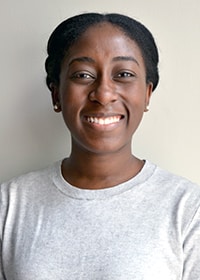By Janice M. Bonsu
Every Saturday for four months, I laced up my sneakers for a two-hour program called “Dance for Health: Active Body, Active Mind,” where older adults came together to engage in physical and intergenerational activity to promote brain health.
Usually, these Saturdays were spent learning line dances like the Bop and Charleston — dances that, as a 23-year-old, I was learning for the first time — in an effort to increase participants’ physical activity and, therefore, help preserve cognitive health. But the surprise beneficiaries turned out to be the high school students who participated in monthly intergenerational activities. These students showed up hoping to learn about cooking and gardening; they left with a roadmap for healthy aging.
At the Penn Memory Center, many research participants say their motivation for participating in research is to create a world for their grandchildren in which Alzheimer’s disease is not a threat. But what if there were something those grandchildren could be doing for themselves now, while still in high school?
During one of Dance for Health’s intergenerational meetups, we hung up our dancing shoes to meet in the garden, where an expert taught us the benefits of growing your own vegetables and herbs. Our teacher also stressed the importance of companion planting. The concept of companion planting is to plant certain vegetables and herbs alongside each other, so that they may nourish what the other depletes, growing stronger together. This lesson resonated with me as I saw the high school and older adult participants sharing knowledge with each other and sowing seeds of mentorship. In clinical trials, participants may not directly benefit from the studies, but in mentorship, effects can be revealed in real-time.
Throughout the conversations, the older adults began to pass advice to the teenagers. They spoke about the importance of eating fish, vegetables, and whole grains to reduce the risk of Alzheimer’s disease – alluding to the official PMC recommendation of the Mediterranean Diet. They encouraged heathy snacking with snacks such as almonds and cashews and passing on the butter for olive oil. Additionally, the older adults shared the importance of activities such as volunteering and maintaining healthy social networks. The newfound mentors were clear: It is more difficult to change an unhealthy lifestyle after 50 years, but there was a tremendous opportunity in preventing it at age 16.
Janice Bonsu was a public health intern with the Penn Memory Center and was part of the Penn Healthy Brain Research Center’s Public Health Dimensions of Cognitive Aging Certificate Program in 2017. She worked with Tigist Hailu in coordinating Dance for Health: Active Body, Active Mind and supporting the NACC study in recruiting older African-American participants from PMC’s Brain Health Research Registry. She recently completed her Master of Public Health degree at the University of Pennsylvania and is about to begin medical school at Ohio State University.



